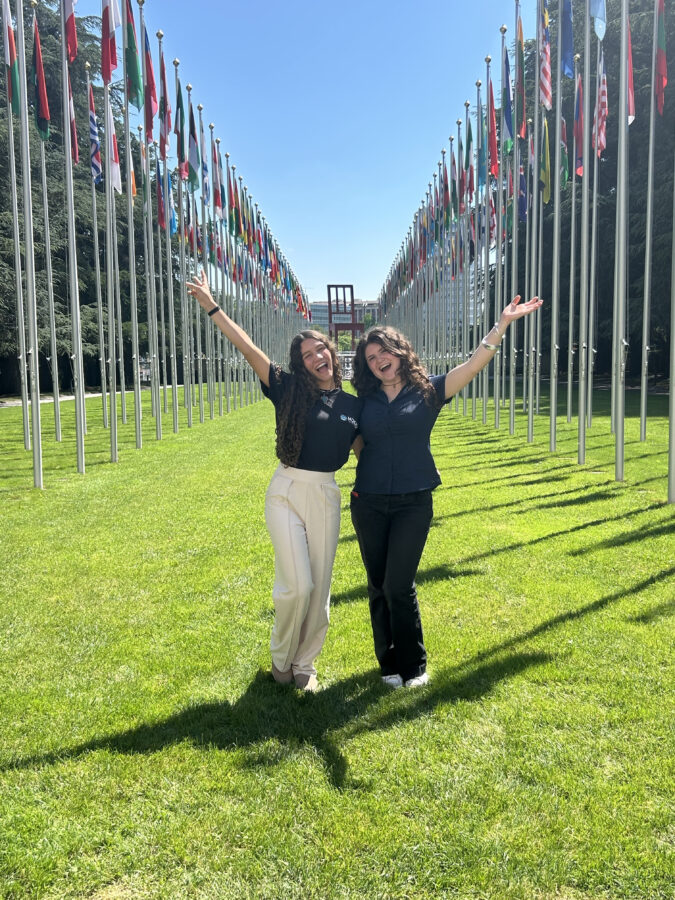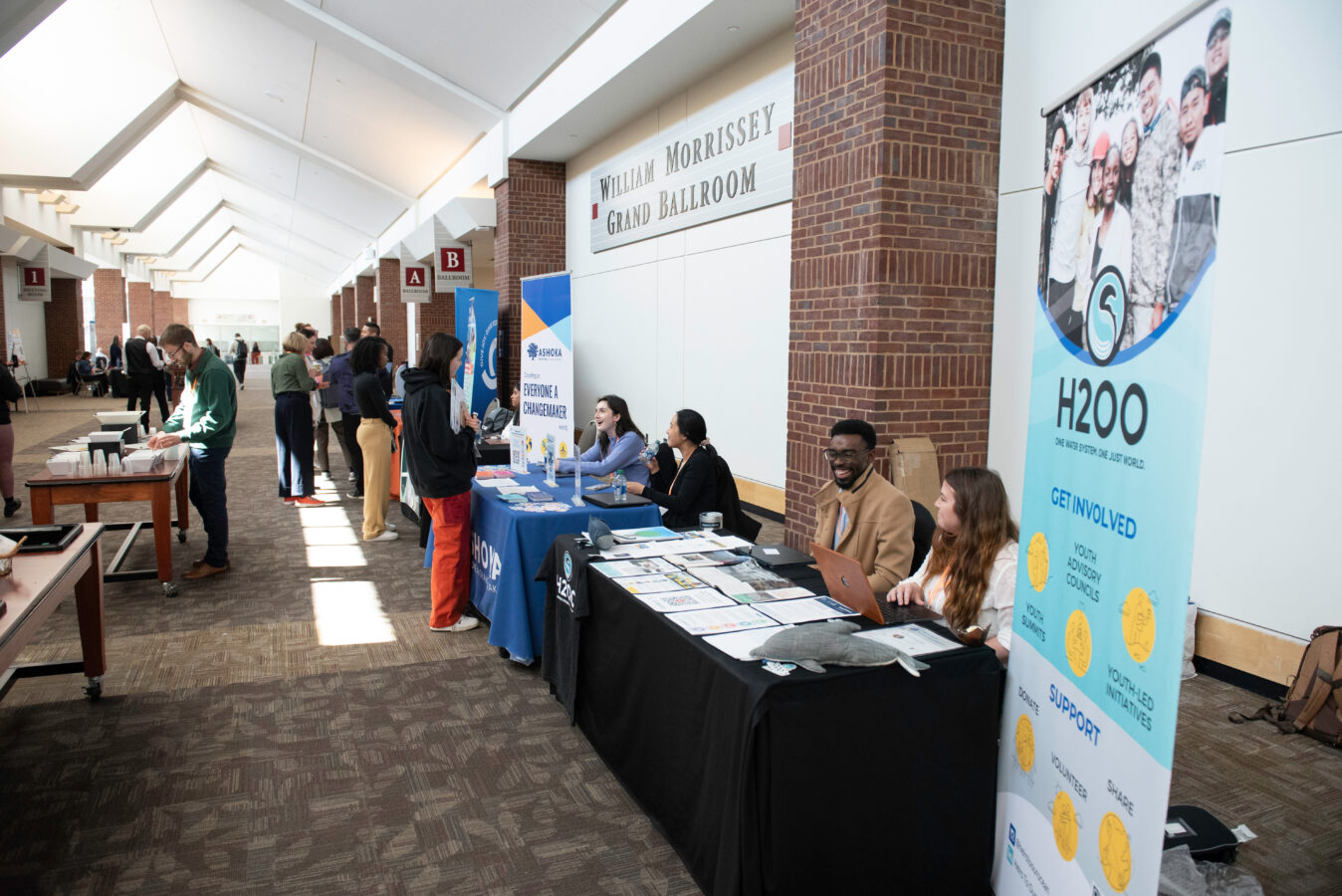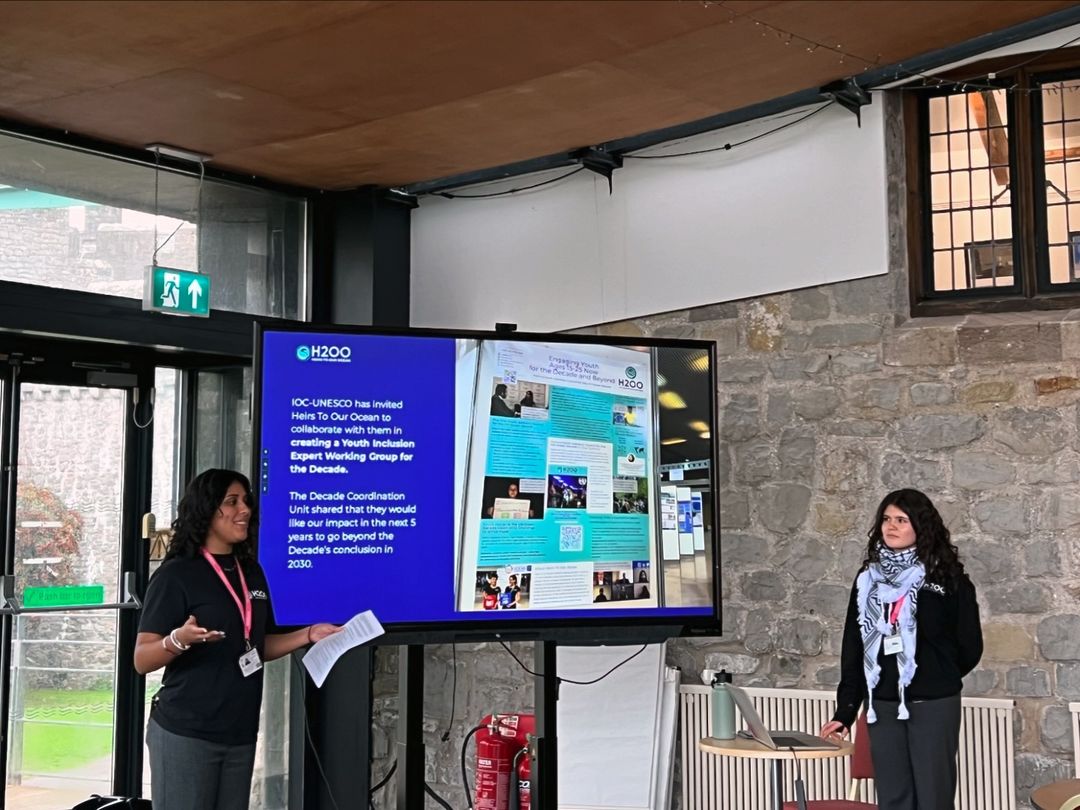Heirs To Our Ocean (H2OO) recently joined forces with Bay Area Wilderness Training (BAWT) to strengthen our commitment to equipping youth with the skills and experiences needed to become confident in building skills in off-grid environments. As part of this collaboration, H2OO Program Coordinator Emily Berglund participated in the transformative July 2024 BAWT Backcountry Leadership Course.
Reflecting on her journey, Emily shares:
“As part of Heirs To Our Ocean’s partnership with Bay Area Wilderness Training, I had the opportunity to participate in the July 2024 Bay Area Wilderness Training (BAWT) Backcountry Leadership Course—a transformative five-day backpacking deep-dive. This immersive experience in Tahoe National Forest brought together educators and other trip leaders to exchange knowledge and develop skills essential for planning and leading impactful backpacking trips with youth.
The course covered everything from planning trail navigation, meal preparation, and camp logistics to creating meaningful activities that help youth reflect on the world they want to see and their role in shaping it. Collaborating with other leaders with many years experience in this field offered valuable insights into tangible steps to take to facilitate engaging, safe, and memorable outdoor leadership experiences that leave youth participants wanting to explore their skill-sets and nature connection further.
This training was an impactful growth opportunity and I am confident our backpacking excursions can become even better by incorporating ideas and lessons shared by others in this experience. Upon finishing the course, Heirs To Our Ocean also now has full-access to BAWT’s extensive backpacking gear library so that we may provide scholarshipped youth the gear they need to have successful backpacking experience through H2OO programs at no cost.” – Emily Berglund, H2OO Program Coordinator











